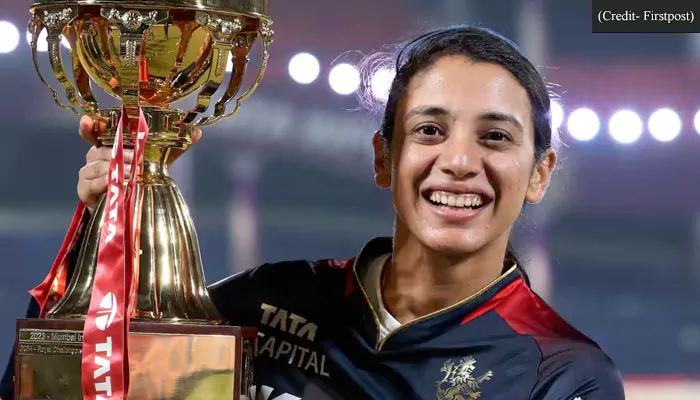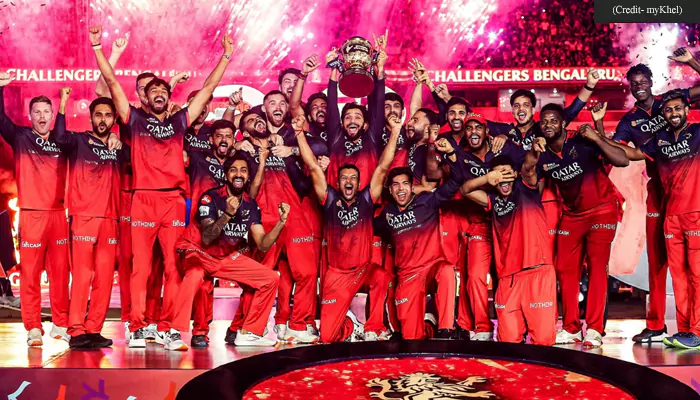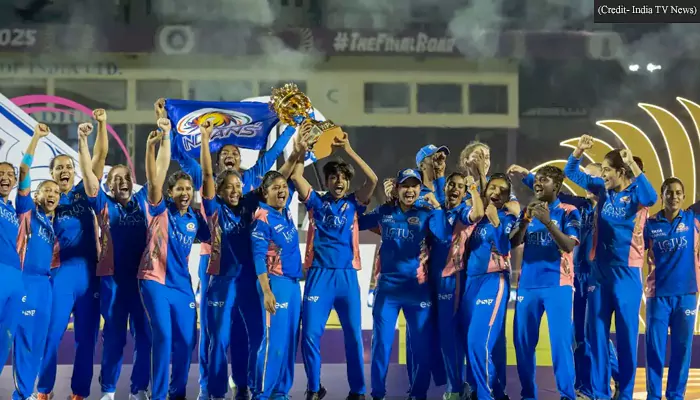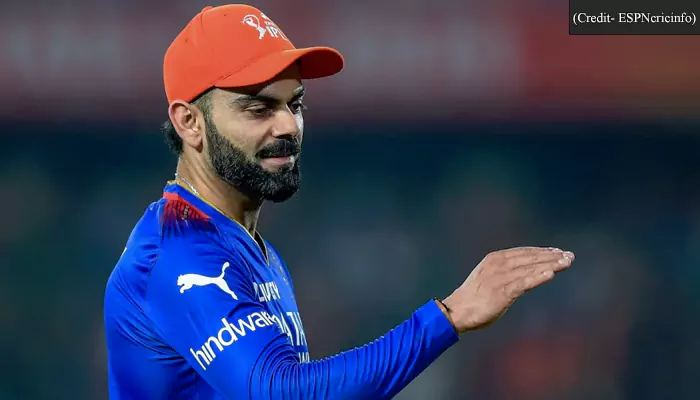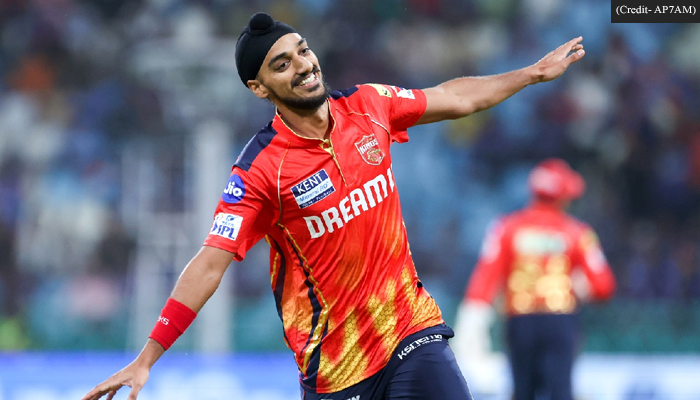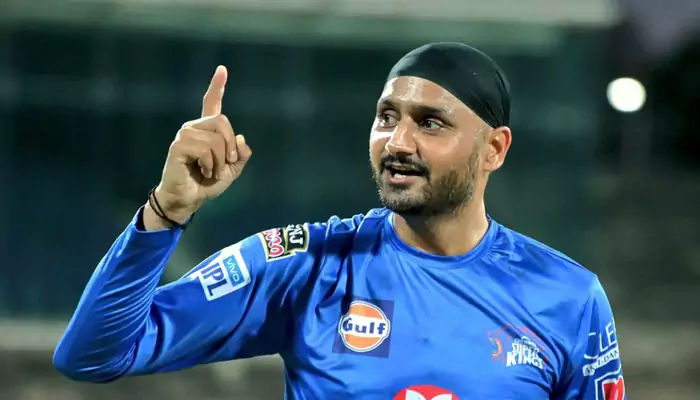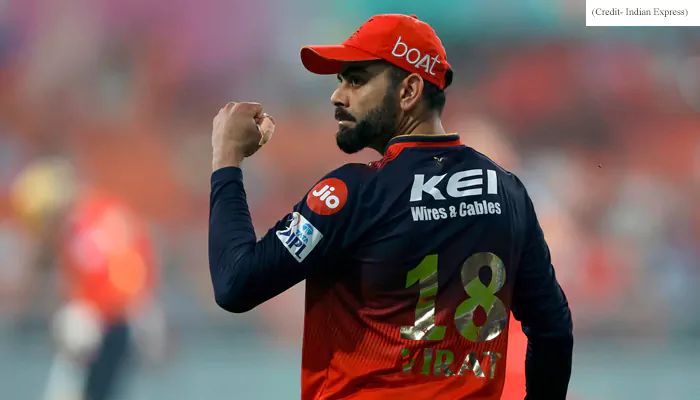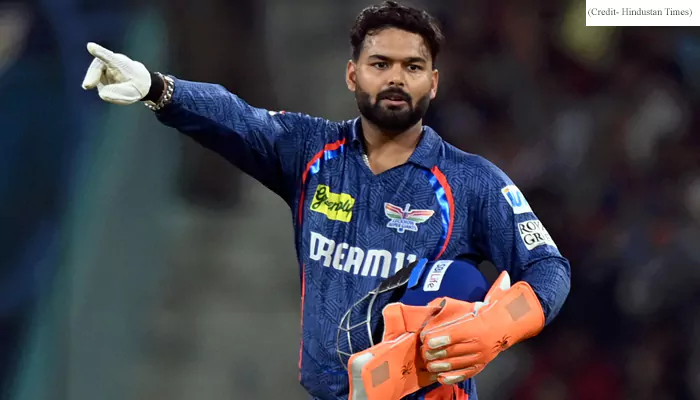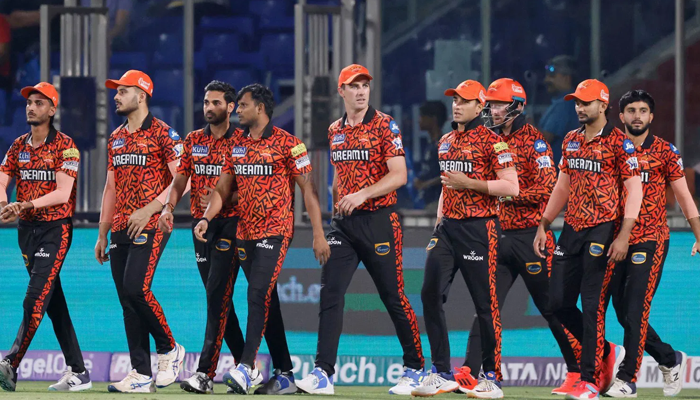Kolkata Derby: Reliving the Glory of 1911 as Mohun Bagan SG Faces Off Against East Bengal FC
- Rohit Chatterjee
- 1 year ago
- 5 minutes read

The Kolkata derby on October 19 is more than just a match; it is a celebration of history, identity, and the unwavering spirit of football in India
On the evening of October 19, 2024, football fever will grip Kolkata as Mohun Bagan Super Giant takes on East Bengal FC in the much-anticipated first Kolkata derby of the Indian Super League (ISL) 2024-25 season. Set against the vibrant Vivekananda Yuba Bharati Krirangan backdrop, this encounter promises to reignite the fierce rivalry that has captivated fans for generations.
As we gear up for this exciting clash, it’s essential to look back at a pivotal moment in Indian football history — the unforgettable victory of Mohun Bagan over East Yorkshire Regiment in the 1911 IFA Shield final. This match marked a significant sporting achievement and played a crucial role in shaping India’s national identity.
The road to the final
Mohun Bagan’s journey to the 1911 IFA Shield final was a remarkable display of skill and determination. They kicked off their campaign with a 3–0 victory against St. Xavier’s College, showcasing their attacking prowess. Next, they faced Calcutta Rangers Club, securing a hard-fought 2–1 win. Their defensive solidity was evident in the quarter-final, where they edged past the Rifle Brigade with a narrow 1–0 victory.
The semi-final proved to be another strong performance, as they decisively defeated the Middlesex Regiment 3–0 in a replay, propelling them into the historic final where they would face the East Yorkshire Regiment. This impressive run highlighted their talent and ignited the hopes of a nation yearning for recognition on the sporting stage.
The night of glory
The date was July 29, 1911, a day that would forever be etched in the annals of Indian sports. Mohun Bagan, a team that had grown from the rich football culture of Kolkata, faced off against the well-trained East Yorkshire Regiment. The stakes were high; it was not just a match but a battle against colonial dominance. The enthusiasm surrounding the game drew thousands of spectators, united by a common cause — a desire for victory that transcended the realm of sports.
The Bengali’ published a poem on July 30, 1911, in honour of #MohunBagan's Historic triumph on July 29, 1911.
— Arin Paul (@arinpaul) July 29, 2023
‘Thanks my friends of football renown,
For bringing the British teams down,
A victory grand to behold,
Serene and noble-bright and bold’ –‘The Mohun Bagans.’#IFAShield pic.twitter.com/RMLjzH4skd
The atmosphere at the stadium was electric, with fans cheering passionately for their team. However, the game began on a challenging note for Mohun Bagan, as Sergeant Jackson from East Yorkshire opened the scoring early. Yet, the young Indians were undeterred. With grit and determination, they rallied back, showcasing their skill and resolve. Shibdas Bhaduri, the captain, equalised the score, and moments later, Abhilash Ghosh netted the winning goal, sealing a 2-1 victory.
This monumental win sparked a wave of national pride that resonated deeply with the growing movement for independence. It marked the first time an Indian team had defeated a British side in such a prestigious tournament, and it was celebrated as a victory for the nation itself.29th July is celebrated as Mohun Bagan Day since 2001 to honour this feat.
The Immortal 11: A name for the ages
The players of that legendary team were collectively known as the “Immortal 11.” This nickname signified their remarkable achievement and their place in the hearts of the Indian populace. Among them were players whose talents and dedication would inspire generations to come.
The statue of the IMMORTAL XI of my MOHUN BAGAN that won the IFA SHIELD in 1911 as the first Indian club was unveiled today at the club lawn. Many dignitaries graced the occasion.
— SUDEEP CHATTERJEE (@Iamchsudeep) December 21, 2023
Happy to have witnessed the entire show from the lawn itself.#MohunBagan #JoyMohunBagan pic.twitter.com/biptQgnGOL
Shibdas Bhaduri, known as “Pichal Babu,” was a force to be reckoned with. His dribbling skills and tactical awareness were crucial in turning the game around. Abhilash Ghosh, the match-winner, exemplified the team’s spirit, showcasing that skill and heart can triumph against adversity.
Bhuti Sukul, a tenacious right-back, and Sudhir Chatterjee, the only player in boots, represented the team’s diverse backgrounds. Their contributions on the field were invaluable, and each played a vital role in the team’s success.

A portrait of Shibdas Bhaduri // Picture Courtesy – Medium
Hiralal Mukherjee, the steadfast goalkeeper, stood as a wall against the opposition’s attacks, showcasing resilience and skill. Other key players, such as Bijoydas Bhaduri, Manmohan Mukherjee, and Kanu Roy, formed a cohesive unit that complemented each other’s strengths and weaknesses. They played with unyielding passion, representing not just their club but the aspirations of an entire nation yearning for freedom.
A national awakening
The 1911 IFA Shield victory was not just a sporting triumph; it ignited a sense of nationalism among Indians. As the country was on the cusp of the freedom struggle, the players became symbols of resistance against British colonial rule. Their victory resonated with the masses, fostering a sense of unity and pride. The narrative of a barefooted Indian team defeating a regimented British side transformed football into a powerful medium for expressing national identity.
#MohunBagan has introduced Immortal XI replica #jersey similar to the design that 1911 Mohunbagan team used. The same would be available on @amazondotin soon.#mohunbaganday #MohunBagan #immortalXI #joymohunbagan💚❤ #joymohunbagan pic.twitter.com/C3UyGUHDVG
— Kolkata.Moydan (@KMoydan) July 30, 2021
In the wake of the win, the celebration was nothing short of euphoric. Streets were filled with jubilant crowds, and victory parades became a testament to the enduring spirit of the Indian people. Mohun Bagan had not only won a football match; they had captured the hearts of a nation.

